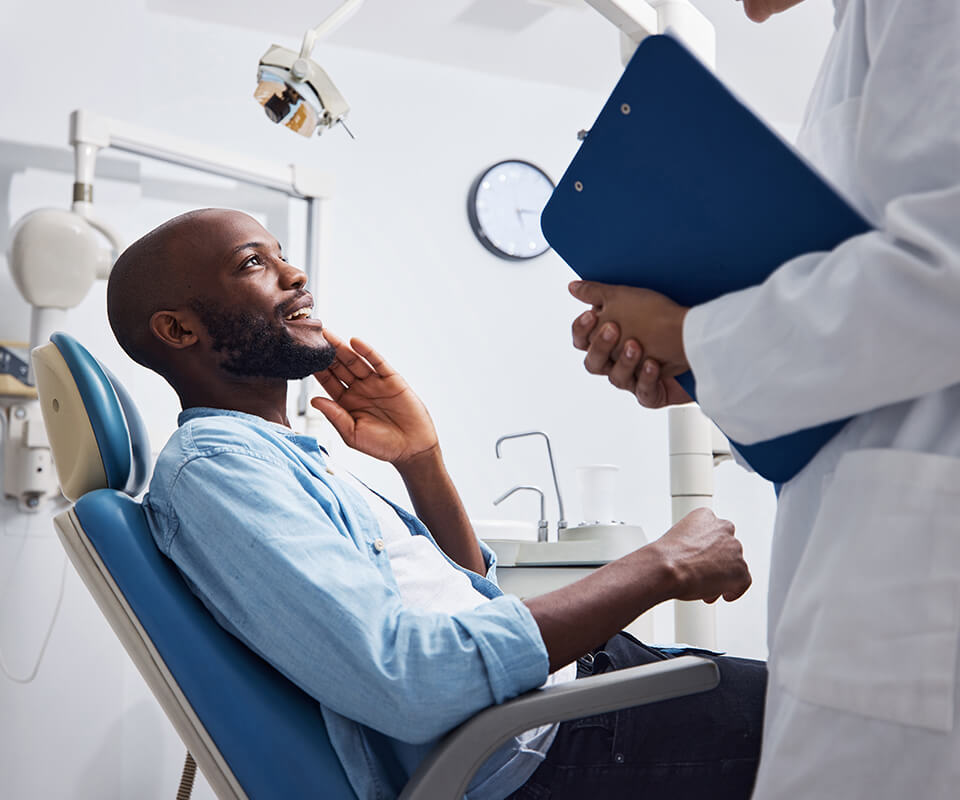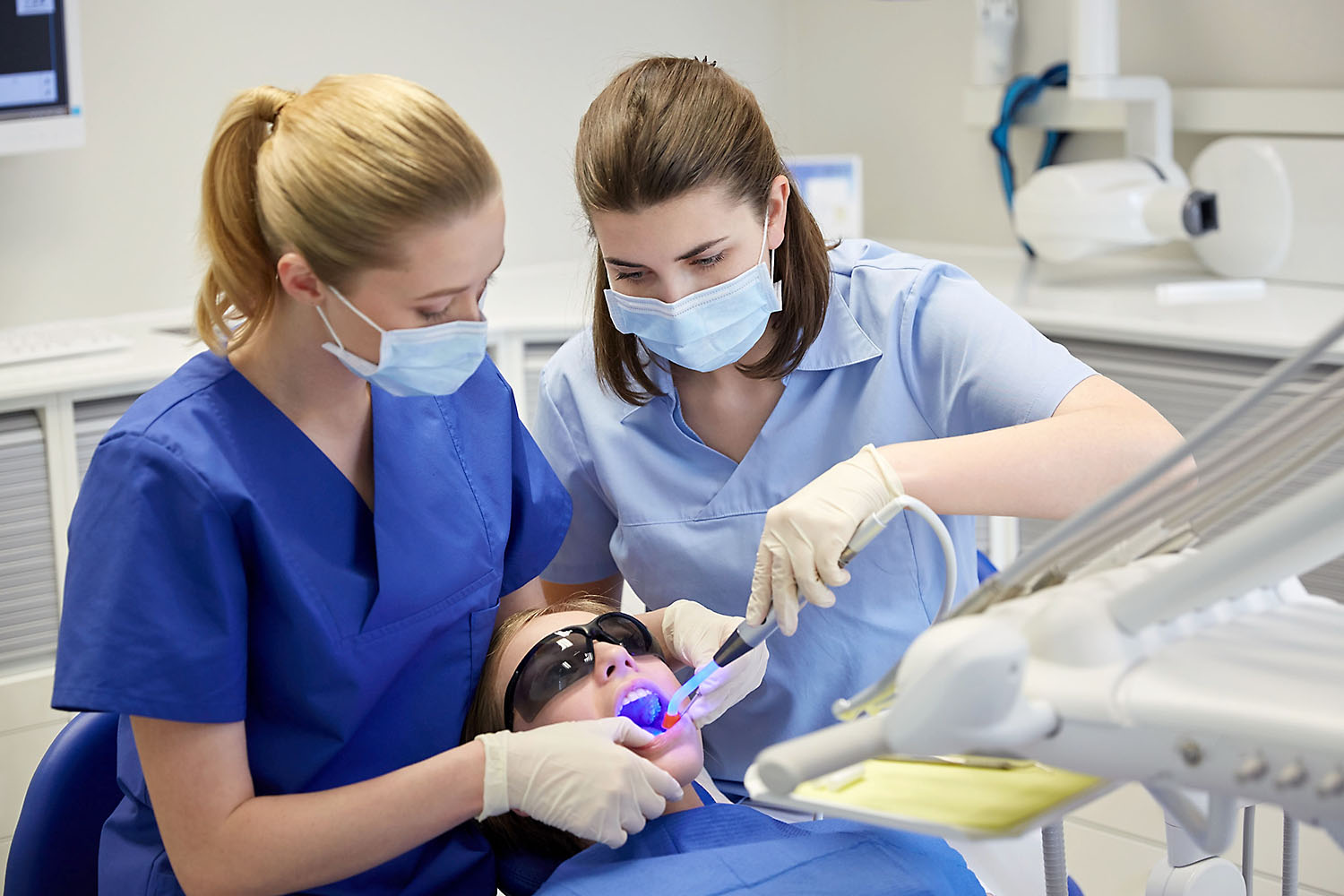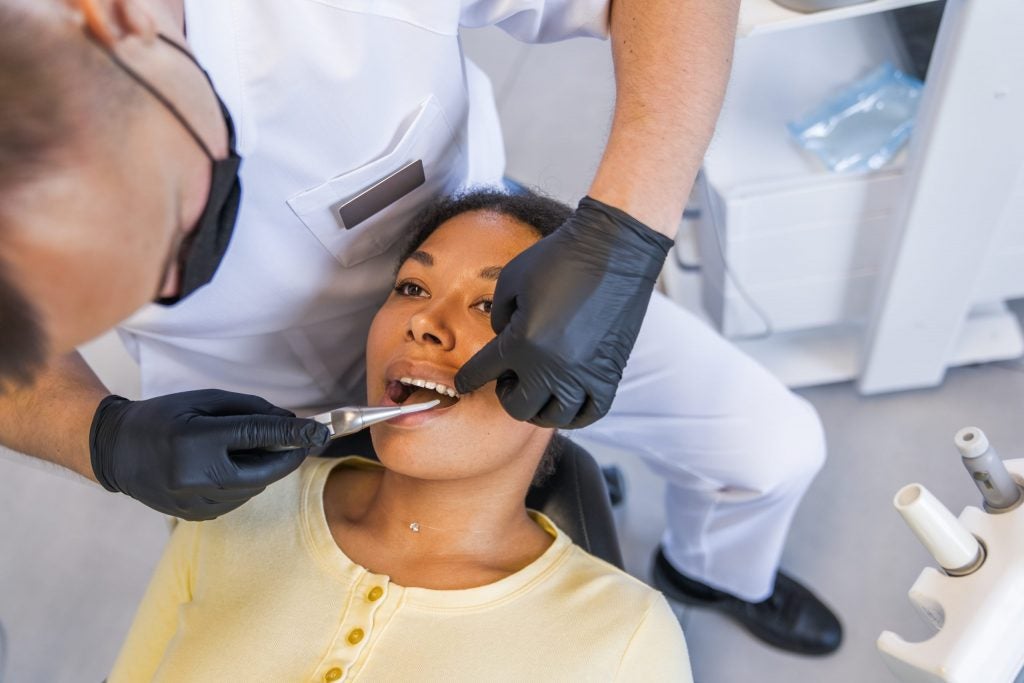Understanding the Significance of Quick Feedback in Handling Dental Emergencies
In the world of dental treatment, the swift and effective handling of emergency situations can make a significant distinction in both the short-term and long-lasting end results for clients. When encountered with sudden oral concerns, the rate at which one responds can commonly establish the degree of discomfort relief, possible difficulties, and overall success of treatment. As we discover the nuances of this critical element of oral wellness management, it emerges that a fast response to oral emergencies is not simply a matter of ease but a fundamental element in maintaining dental wellness. The ramifications of prompt treatment expand past simply dealing with prompt discomfort, however also play an essential duty in safeguarding oral frameworks and avoiding additional difficulties.
The Effect of Timely Action
Prompt response to oral emergency situations is extremely important in reducing discomfort, protecting against difficulties, and preserving oral health. When an oral emergency takes place, speedy action can make a considerable distinction in the end result for the client. Immediate interest to problems such as a knocked-out tooth, serious tooth pain, or a busted remediation can ease discomfort and stop additional damage.
Furthermore, prompt treatment can help address possible complications that might arise from untreated oral emergencies. A neglected dental infection can spread to other components of the body, leading to systemic health and wellness issues. By quickly dealing with the problem, the danger of complications is reduced, and the general wellness of the individual is protected
Preserving dental health and wellness is one more key advantage of a quick reaction to oral emergencies. By looking for prompt treatment, individuals can stop the progression of dental issues and maintain the stability of their teeth and periodontals. This proactive technique not just ensures immediate alleviation yet also contributes to lasting dental wellness and wellness.
Usual Dental Emergencies
Taking into account the critical importance of punctual activity in resolving oral emergencies, it is important to recognize the common kinds of urgent scenarios that might develop. One prevalent oral emergency is toothaches, often triggered by dental cavity, infections, or injury (emergency dentist newport). Broken or fractured teeth also call for instant attention to stop more damages or infection. Knocked-out or avulsed teeth are an additional typical emergency where quick activity can often save the tooth. Soft cells injuries such as cuts to the lips, cheeks, or tongue are additionally immediate and can be rather unpleasant. Additionally, oral emergencies can involve objects stuck in between teeth, creating pain and potential damage if not dealt with without delay.
In addition, concerns like lost fillings or crowns, abscesses, and oral infections are thought about immediate and call for prompt treatment to ease pain and protect against difficulties. Identifying these common oral emergency situations and acting quickly by looking for specialist dental treatment can considerably influence the result and guarantee the most effective feasible prognosis for the client's dental health and wellness.
Steps to Take Instantly
Upon encountering a dental emergency situation, swift and crucial activity is key to reducing further damages and relieving discomfort. The complying with steps should be taken instantly when encountering an oral crisis:
Remain Calmness: In moments of distress, it is important to stay composed to handle the scenario effectively.

Contact a Dental Expert: Connect to your dental practitioner quickly. Describe the scenario plainly to obtain guidance and routine an emergency appointment.
Manage Discomfort: If there is pain, take into consideration taking non-prescription discomfort drug as routed. Avoid pain killers near the afflicted area to stop irritation.
Address Bleeding: If there is blood loss, gently clean the area and use stress with gauze or a clean fabric.
Preserve Knocked-Out Pearly Whites: If a tooth is knocked senseless, manage it by the crown, not the root, and try to reinsert it into the outlet delicately. If this is not possible, store it in milk or a tooth conservation package.
Advantages of Quick Intervention

Additionally, fast response to dental emergencies can assist preserve oral wellness in the long-term. Addressing issues without delay can prevent small problems from intensifying right into more serious problems that might call for expensive and extensive treatments. Quick intervention not just guarantees a quicker recuperation however likewise contributes to total dental well-being. Clients that focus on looking for immediate dental care are more probable to experience much better outcomes, reduced therapy prices, and reduced pain related to oral emergencies. For that reason, acknowledging the benefits of fast treatment is important for keeping optimum dental health and wellness and addressing oral concerns successfully.
Relevance of Professional Treatment
Recognizing the crucial duty that specialist dental care plays in reacting to emergencies is vital for making sure ideal results and lasting oral wellness. When confronted with a dental emergency, looking for timely support from a certified oral specialist is crucial. Dental experts have the tools, expertise, and training required to properly analyze the circumstance, offer reliable therapy, and minimize the danger of issues.

Furthermore, dental emergencies can be demanding and anxiety-inducing. Specialist oral care not just supplies specialist treatment yet additionally gives peace of mind and assistance to patients during tough times. By entrusting your dental health and wellness to a qualified oral expert, you can feel confident that you are in excellent hands and on the path to recovery.
Conclusion
In verdict, the value of quick response in dealing with dental emergencies can not be overstated. Understanding common oral emergency situations and understanding the actions to take right away visit this site can make a significant distinction in the outcome.
As we discover the nuances of this vital aspect of oral health monitoring, it comes to be evident that a quick reaction to oral emergencies is not merely an issue of ease yet a fundamental element in preserving oral well-being. One prevalent dental emergency is toothaches, typically caused by tooth degeneration, infections, or injury. Additionally, oral emergency situations can entail objects stuck between teeth, creating pain and possible damage if not dealt with promptly.
People that focus on looking for immediate dental care are much more likely to experience much better outcomes, reduced therapy expenses, and reduced pain linked with dental emergency situations. When encountered with a dental emergency situation, seeking prompt aid from a qualified dental specialist click is critical.